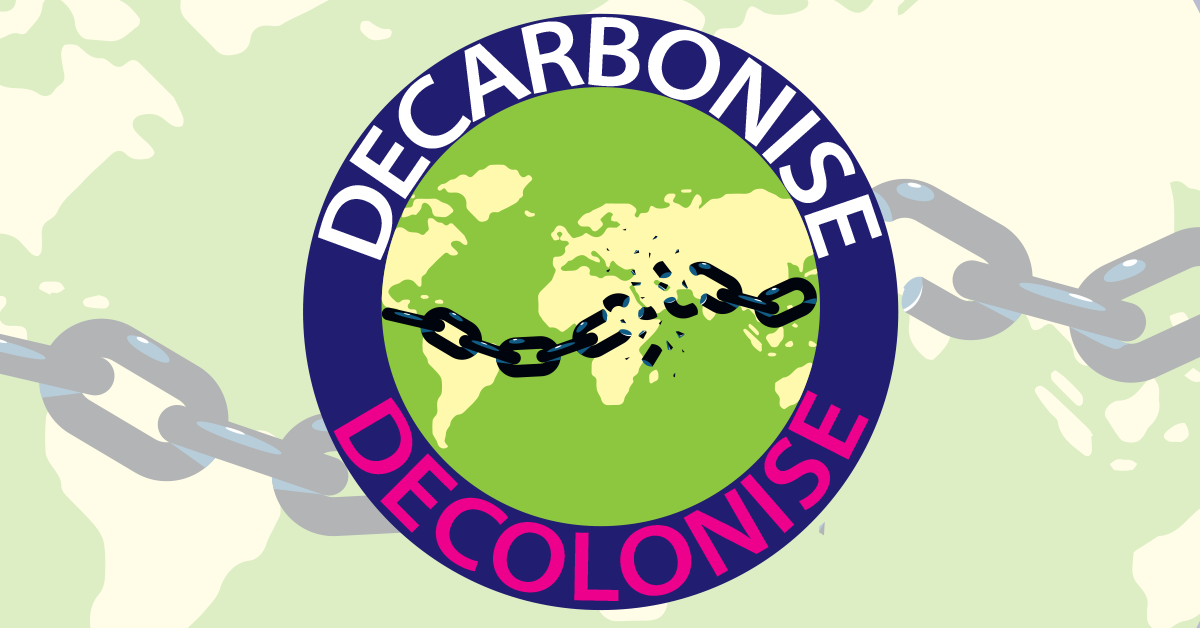Week 5: Decolonizing Knowledge (AD)
Section outline
-

Ngũgĩ wa Thiong'o wrote an early, influential text on decolonising the mind
Decolonisation, at one level, is the process of undoing colonial rule. At another level, decolonisation has been imagined as the process of undoing the psychological, as well as the political, dimensions of colonialism. Decolonisation therefore offers a powerful way of framing critiques of power, dominant culture, racism and inequality. Colonialism, however, has not ended, and decolonisation is not a metaphorical, but an ongoing process for many Indigenous and oppressed groups. In the last few years, decolonisation has also become something of a keyword in university life. It has become so in at least three ways: within academic discourse itself, within the administrative structures of universities, and in representations of these two things. But it is a slippery term with at times contradictory meanings, which need to be unpicked. In this session we will look at the manifold scales and meanings of the de/colonial, and consider what it means for how we do geography today.
In the session we will consider the imbrications between decolonisation and geography firstly by looking at the imperial history of geography as a discipline and as a mode of thought; secondly, by thinking about an alternative, anticolonial history in association with 20th century decolonisation and contemporary struggles; and, thirdly, by assessing the distinct currents within contemporary critical geography of the postcolonial, anticolonial and decolonial.
We will think about geography not just as an academic discipline, but as a set of spatial technologies and imaginaries which can be deployed to emancipatory or oppressive ends.

CLR James giving a speech at a rally for Ethiopia in London
Before the session read 1) Esson et al, 2) Blunt and Wills and 3) Daigle and Ramírez.
Consider in particular the specificities of geographical perspectives on questions of coloniality and decoloniality, and the unique challenges to geography that are raised by these texts.
During the session we will ask questions such as:
1. Where have geographical ideas come from, and why might that matter?
2. How might contemporary geographical research either reproduce, or contest, colonial structures of power?
3. Who conducts research? On whose behalf? What are the power relations embedded in research practice?
4. What philosophical and political assumptions are embedded in thinking about research methodologies? For instance, a lot of methodology in geography is derived from western enlightenment assumptions about individualism, the separation of mind from body and scientific rationalism. This privileges positivist and social scientific approaches when it comes to carrying out research. How might radically distinct understandings of the world alter geographical methodologies?
5. How does thinking about geography from a de/post/anti-colonial position affect the kind of outputs we might produce?

-
57.0 KB
-
755.2 KB
-
857.1 KB
-
246.6 KB
-
109.2 KB
-
11.3 MB